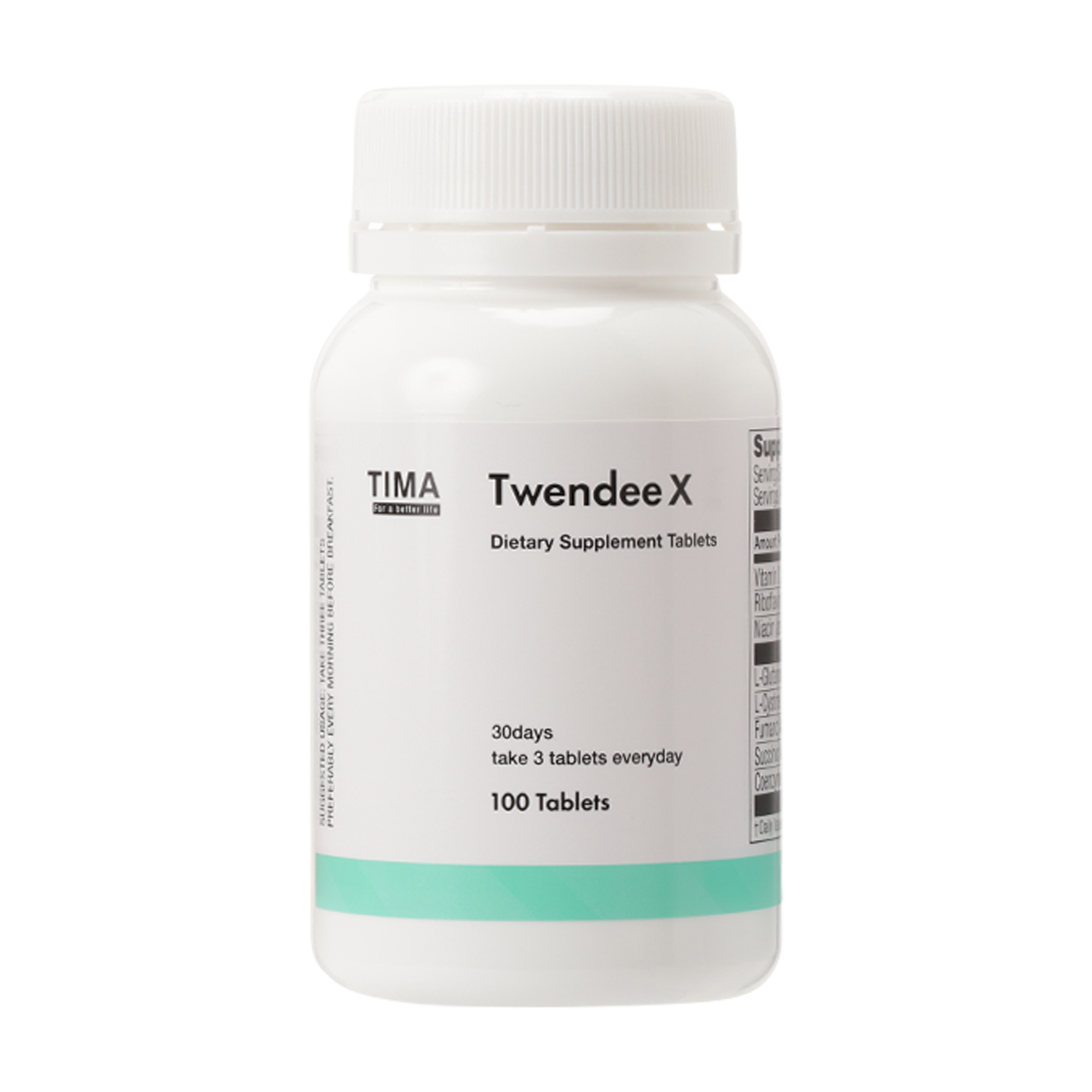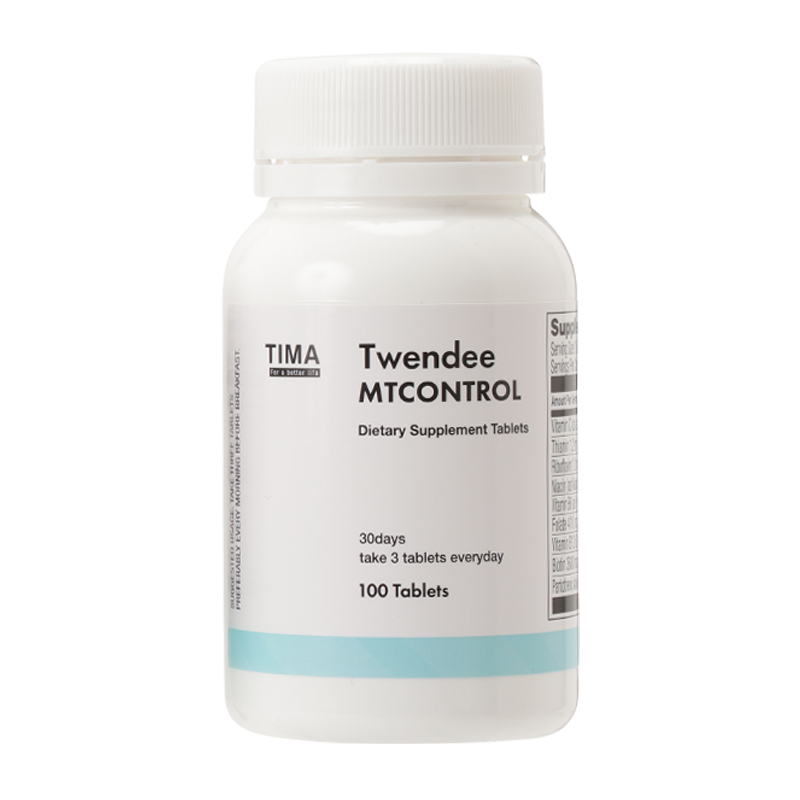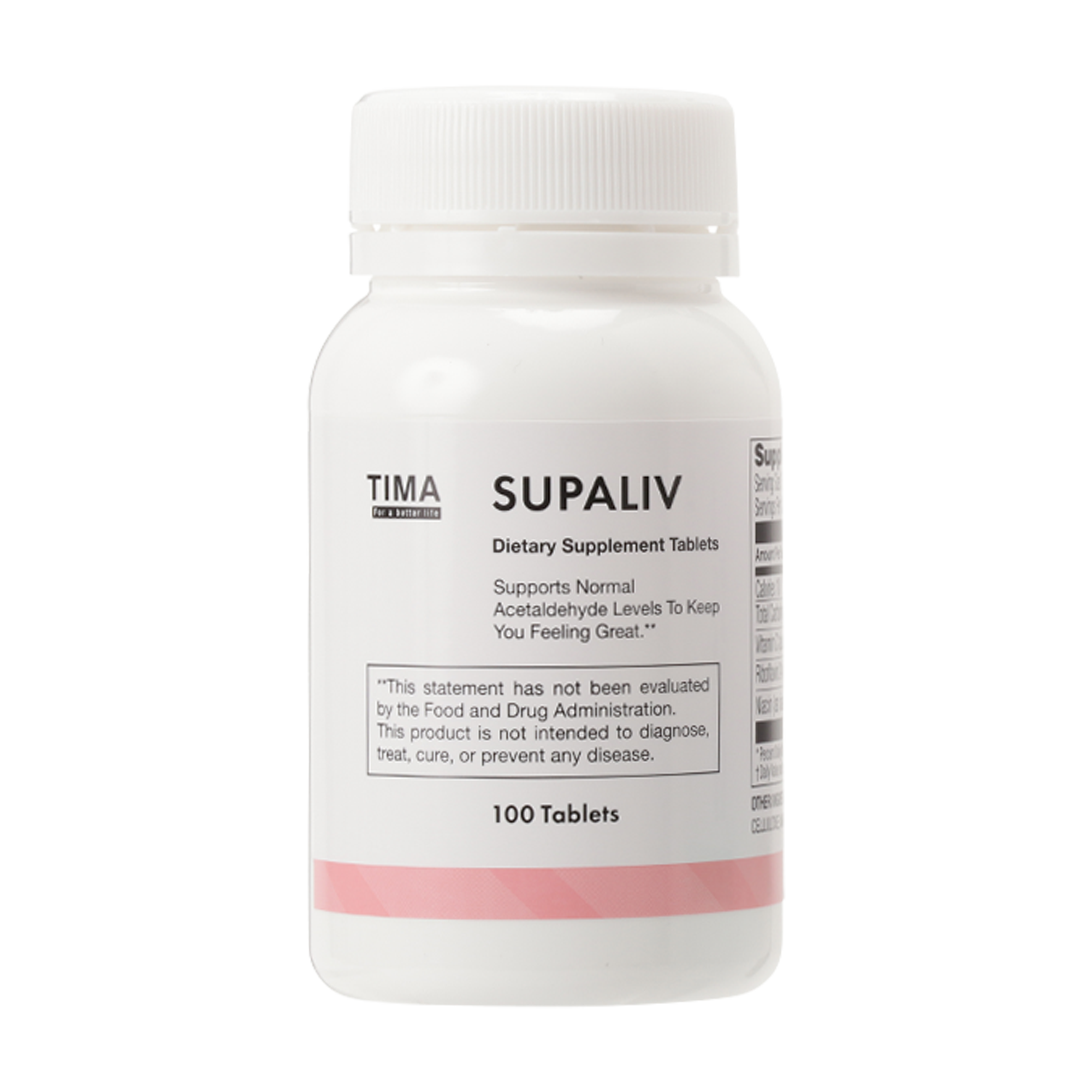Thesis on Oxidative Stress and "gastric ulcer"
- Paper title
- Oxygen radicals mediate the final exacerbation of endothelin-1-induced gastric ulcer in rat.
- Abstract summary
- Oxypurinol was gastroprotective through its vasoactive and energy saving actions.
- Authors
- S Lazaratos, Y Irukayama-Tomobe, T Miyauchi, K Goto, A Nakahara
- Journal
- European journal of pharmacology
- Semantic Scholar URL
- https://semanticscholar.org/paper/3eeb86a06f5570617c89100f3ed85fcb446756f3
- Abstract
-
We investigated the role of xanthine oxidase-derived oxygen radicals in the development of endothelin-1-induced gastric ulcer. Mucosal lipid peroxidation showed a peak 24 h after injection, while gastric mucosal haemodynamics were fully restored 26 h after endothelin-1 injection.
Allopurinol and oxypurinol, but not superoxide dismutase or catalase, protected the gastric mucosa 24 h after endothelin-1 injection. Oxypurinol antagonized both the vasoconstrictor effect of endothelin-1 and the decrease in gastric ATP. All treatments on the second day after endothelin-1 injection significantly reduced gastric mucosal damage.
Xanthine oxidase-derived oxygen radicals contributed largely to the exacerbation but they did not mediate the onset of endothelin-1-induced gastric ulcer. Pretreatment with probucol (500 mg/kg, p.o.) also protected the gastric mucosa from endothelin-1-induced mucosal injury by its antioxidant activity. Oxypurinol was gastroprotective through its vasoactive and energy saving actions.
The haemodynamic background of endothelin-1-induced gastric ulcer consists of long lasting ischaemia and subsequent “reperfusion” which may be responsible for the late burst of oxygen radicals.








